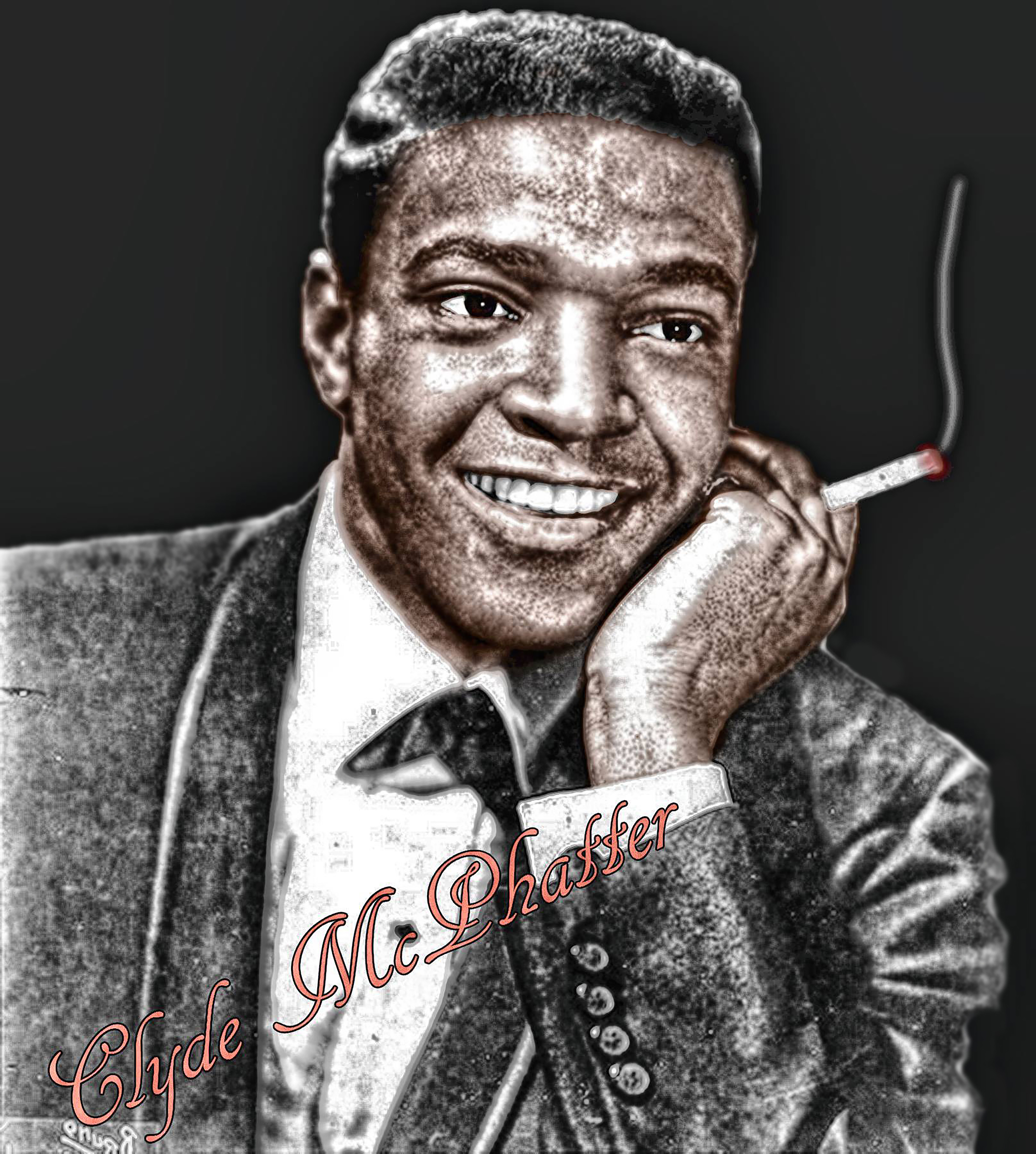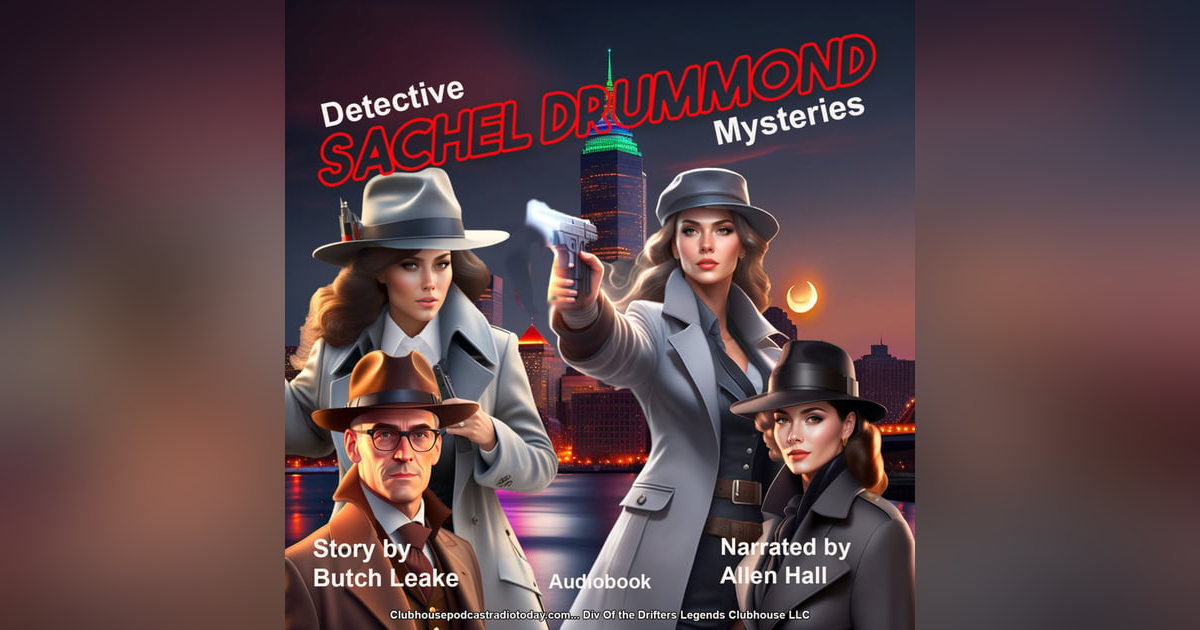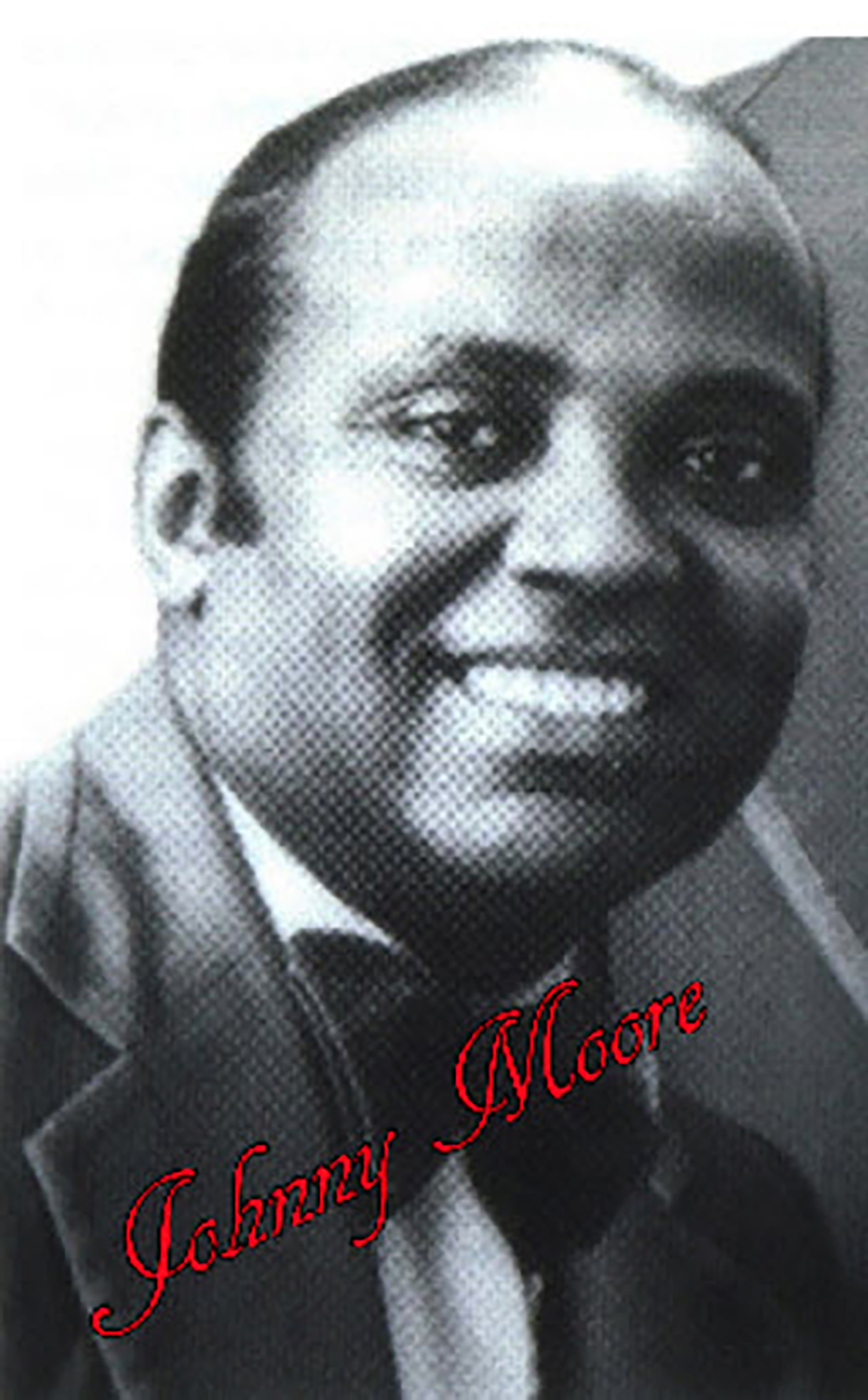Who are the Drifters Legends?
The Drifters Legends consist of many members who come out of the three golden eras of Drifter music starting in 1953-the 70s. The Drifters have sold some two hundred and fourteen million singles and a hundred and fourteen million albums. To include many prestigious awards such as Hall of Fame accolations, Gold and Silver Disc awards, etc.
Starting in 1953, Clyde McPhatter

With Bill Pinkney, Willie Ferbie, Gerhart, and Andrew Thrasher...
The Drifters 1956, Johnny Darrel Moore (December 15, 1934 – December 30, 1998)
With Charlie Hughes, Jimmy Oliver, Tommy Evans, and Gerhart Thrasher...
The Drifters 1965
With Gene Pearson, Johnny Terry, Charlie Thomas, Johnny Moore, and Guitarist Bill Davis (Abdul Samad)
The Drifters 1967
With Rick Sheppard, Bill Fredricks, Charlie Thomas, Johnny Moore, and Guitarist Bill Davis (Abdul Samad)
The Drifters 1970-75
With Don Thomas, Grant Kitchings, Butch Leake, Bill Fredricks, and Johnny Moore...
Are there any more golden-age singers living today?
Although many have served with the Drifters for over 65 years, there are only three golden age recording members alive today. Butch Leake | Joe Blunt | Rick Sheppard
Charlie Thomas (April 7th 1937 - January 2023)
Charlie Thomas started his tenure with The Drifters when Ben E. King, Elsebeary Hobbs, and Doc Green were hired as The Drifters when manager George Treadwell 1958 fired his group at the Apollo Theater Harlem, New York City... Charlie also holds the distinction of being the last of the Crown's vocal group who are alive.
The new Drifters' first release was the 1959 hit "There Goes My Baby". Charlie was the lead singer on two of the group's top 40 hits, "Sweets For My Sweets" and "When My Little Girl Is Smiling"
Charlie Thomas was inducted into the Rock and Roll Hall of Fame in 1988 and was given a Pioneer Award by the Rythm and Blues Foundation in 1999.
Rick Sheppard
Though it hasn't been publicized much in the history of The Drifters. The history of the brand has had a unique roster of members throughout the years since its inception in 1953. Rick Sheppard, a born entertainer, has been at the forefront of the music industry from the time he can remember. He began performing at the age of nine years old and by his teenage years had a number of local television appearances on his resume. His first real professional engagement occurred in Miami, Florida, opening for Sammy Davis, Jr. Right then, young Rick knew what he wanted to do for the rest of his life. He wanted to entertain.
Brought in to replace the legendary Drifters lead singer Rudy Lewis by Drifters manager George Treadwell after Lewis's untimely death in 1965. Sheppard has sung on some 16 recordings by the group during his tenure from 1966. Sheppard had been a soloist on Capitol and Shout records Owned then by Bert Burns on whose recommendation George Treadwell selected him for the Drifters. Sheppard's signing also corresponds with the departure of baritone Eddie Bowen who then left to pursue a solo career after a two-month tenure with the group. October 12, 1966, The Drifters Johnny Moore, Charlie Thomas, Rick Sheppard, and Bill Brent recorded "My Baby Is Gone" (unknown lead) and "Baby What I Mean" (Johnny Moore). Not long after the October recording Bill Brent was replaced with baritone bass singer Bill Fredricks of the Packards who are known for the recording Ding Dong. November 1966, Atlantic put out "Aretha" and "Baby What I Mean." "Baby What I Mean" became the Drifter's last national Pop chart hit, peaking at #62. On May 5, 1967, the Drifters (Johnny Moore, Charlie Thomas, Rick Sheppard, and Bill Fredericks) recorded "Ain't It The Truth" (led by Johnny) and "Up Jumped The Devil" (Bill). These two songs were released in July and "Ain't It The Truth" rose to #36 on the R&B charts. This was to be the last chart hit for the Atlantic Records group.
Butch Leake
Butch Leake began his tenure with The Drifters in early 1970, after being hired when Drifters Legend Rick Sheppard decided to leave the lineup due to declining work of the brand. Brought in by Drifters member Bill Fredricks, Butch was there during the group's resurrection after signing with Bell Records Recording Label, which landed several top hit songs during this golden age period. "kissing In The Backrow Of The Movies" "Down On The Beach Tonight" There Goes My First Love" "Love Games" "Blessing In Disguise."
In 1976, to the industry's surprise, Butch left the lineup to pursue a solo career in the United Kingdom but appeared with the Drifters occasionally when they were going through lineup issues. Butch has written several publications relating to the history of The Drifters, including "Anthology The Drifters Legends," "A Pictorial Of The Drifter Legends 1953-2016," "D Legends Universe (Fan Club International) Magazine" Butch is also the CEO of The Drifters Legends Clubhouse LLC.
In 2009, Butch received a Life Time Achievement Award from Sony Music for his services with The Drifters in the early year and was also awarded a Gold Disc for the Album CD "Up On The Roof," The best of The Drifters, which sold over a hundred thousand units.
Clyde Brown (1945 - 2022)
Vocalist Clyde Brown had a brief solo career with Atlantic in the '70s but had the success of the Drifters to keep him from going adrift during much of his career voyage. While this vocal group was popular enough to break off into splinters and franchises, lawsuits, and copyright judgments bubbling in the background, Brown was always associated with the core group of original members, which in the mid-'70s combined him with Johnny Moore, Butch Leake, and Billy Lewis. This was the same period when Brown cut a few singles for Atlantic, the most successful of which was the 1974 "You Call Me Back."
Clyde's tenure began with The Drifter's in 1974, replacing long-time member Bill Fredricks after he opted for a solo career. Clyde's voice can be heard on a number of tracks as lead such as “Pour Your Little Heart Out,” and the smash hit “You’re More Than A Number In My Little Red Book.”
He was also awarded by Sony Music a Gold Disc for the Album CD "Up On The Roof," The best of The Drifters, which sold over a hundred thousand units.
Joe Blunt
Previously! a member of R&B vocal group “The Chancellors” and the Atlantic Records recording artists “The True Reflection,” Joe Blunt joined The Drifters in 1975. During Joe’s tenure, the group further expanded its popularity in the UK and throughout Europe with the release of the singles. “Hello, Happiness,” “Every Night’s A Saturday Night With You,” “Closely Guarded Secret,” “Pour Your Little Heart Out,” and the smash hit “You’re More Than A Number In My Little Red Book.” It was also during this period that Joe was featured as a vocalist on the following Drifter album tracks: “Like A Movie I’ve Seen Before,” “Twice A Week,” “I’ll Know When True Love Passes By,” “When You Coming Home” and “Knee High To A Grasshopper.” After a brief hiatus, Joe Blunt returned to The Drifters in 1983 along with Johnny Moore, Ben E. King, and Clyde Brown.
Joe joined the Drifters in 1976 after outgoing member butch Leake decided to leave the group for a solo career. Though there have been many members and changes throughout the years, Joe can be considered one of the critical members of a long line of Drifter personnel who historically make up the pedigree of this illustrious institution.
In 2009 along with Butch Leake, Joe was awarded a Life Time Achievement Award for services with The Drifters and a Gold Disc for the CD Album "Up On The Roof," The best of The Drifters, which sold over a hundred thousand units.














